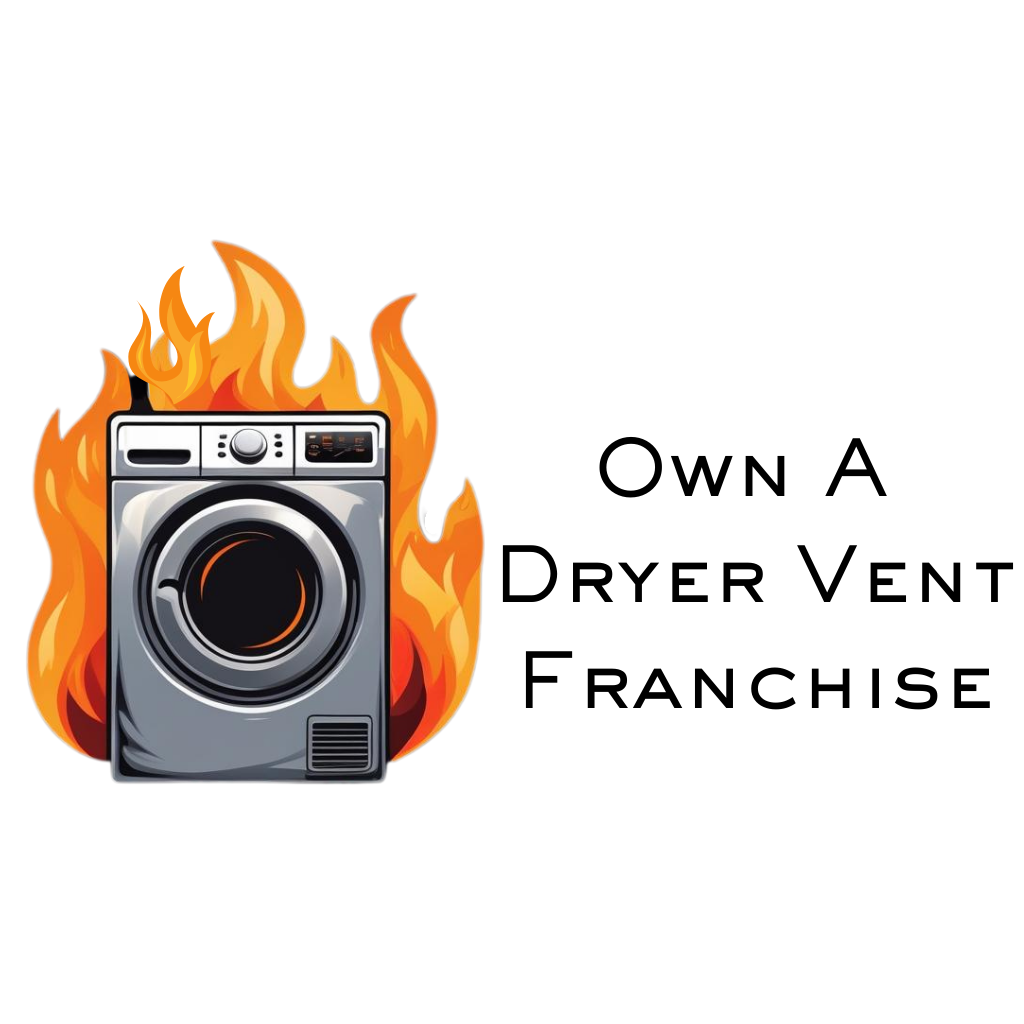Dryer Vent Wizard
Pros and Cons
Pros of Owning a Dryer Vent Wizard Franchise
1. Strong Brand Recognition and Proven Model:
*Founded in 2004, Dryer Vent Wizard has been a provider of dryer vent cleaning, repair, and installation in the US and Canada.
2. Recurring Revenue and Multiple Income Streams:
*The business model generates steady, recurring cash flow from regular maintenance and cleaning services.
*Additional revenue streams include dryer vent installation, rerouting, repairs, and booster fan installation.
*Opportunities to serve residential, commercial, and multi-unit properties with recurring service contracts.
3. Low Investment with High Revenue Potential:
*Initial investment ranges from $80,700 to $159,400, relatively low compared to other home service franchises.
*Strong earning potential.
4. Comprehensive Training and Ongoing Support:
*Franchisees start with a 6 to 8-week training program, which includes business and technical training.
*Ongoing support from business coaches, marketing experts, and local mentors.
5. Established Marketing and Vendor Network:
*Access to national and local marketing support through Neighborly’s marketing team.
*Discounts and rebates from 250+ vendors via ProTradeNet®.
6. Limited Competition and Niche Market:
*Dryer vent cleaning is a niche service in an underserved market, creating strong growth potential.
*Growing awareness of fire hazards and energy inefficiency from clogged vents increases demand.
Financials:
*Franchise Fee: $49,900
*Cash Required: $30,000
*Total Investment Range: $80,700 - $159,400
*Net Worth: $150,000
*Royalties: 10%
*Subject to change.
🎯Ideal Franchisee Profile:
*Service-Oriented Leaders: Passionate about providing high-quality service and protecting homes and families.
*Problem Solvers and Team Builders: Willing to lead a team and follow a proven system.
*Business-Minded Individuals: Looking for a scalable business with multiple revenue streams and recurring income potential.
Cons of Owning a Dryer Vent Wizard Franchise
1. Physical and Hands-On Work:
*While franchise owners are encouraged to take an executive ownership model (managing a team), early stages may require hands-on involvement.
*Technicians perform physical tasks such as cleaning, installing, and repairing vent systems.
2. Initial Learning Curve:
*Despite comprehensive training, learning both the technical and business aspects can be challenging for owners without prior experience in home services.
*Managing customer relationships and ensuring consistent service quality requires attention to detail.
3. Limited Market in Smaller Communities:
*While the business model thrives in urban and suburban markets, smaller communities with fewer multi-unit buildings may offer limited revenue potential.
*Minimum population requirements may be necessary to ensure a profitable territory.
4. Time-Intensive in the Beginning:
*Establishing a strong customer base and reputation takes time, requiring a hands-on approach initially.
*Franchisees may need to invest significant effort into local networking and relationship building.
5. Marketing and Customer Acquisition Efforts Required:
*Although national marketing support is provided, local lead generation and building relationships with property managers and commercial clients require ongoing effort.
6. Territory and Growth Restrictions:
*Exclusive territories limit the geographic range, which may restrict expansion opportunities.
*Franchisees interested in multi-unit ownership may need to navigate territory availability carefully.

Pros of Owning a Dryer Vent Wizard Franchise
1. Strong Brand Recognition and Proven Model:
*Founded in 2004, Dryer Vent Wizard has been a provider of dryer vent cleaning, repair, and installation in the US and Canada.
2. Recurring Revenue and Multiple Income Streams:
*The business model generates steady, recurring cash flow from regular maintenance and cleaning services.
*Additional revenue streams include dryer vent installation, rerouting, repairs, and booster fan installation.
*Opportunities to serve residential, commercial, and multi-unit properties with recurring service contracts.
3. Low Investment with High Revenue Potential:
*Initial investment ranges from $80,700 to $159,400, relatively low compared to other home service franchises.
*Strong earning potential.
4. Comprehensive Training and Ongoing Support:
*Franchisees start with a 6 to 8-week training program, which includes business and technical training.
*Ongoing support from business coaches, marketing experts, and local mentors.
5. Established Marketing and Vendor Network:
*Access to national and local marketing support through Neighborly’s marketing team.
*Discounts and rebates from 250+ vendors via ProTradeNet®.
6. Limited Competition and Niche Market:
*Dryer vent cleaning is a niche service in an underserved market, creating strong growth potential.
*Growing awareness of fire hazards and energy inefficiency from clogged vents increases demand.
Financials:
*Franchise Fee: $49,900
*Cash Required: $30,000
*Total Investment Range: $80,700 - $159,400
*Net Worth: $150,000
*Royalties: 10%
*Subject to change.
🎯Ideal Franchisee Profile:
*Service-Oriented Leaders: Passionate about providing high-quality service and protecting homes and families.
*Problem Solvers and Team Builders: Willing to lead a team and follow a proven system.
*Business-Minded Individuals: Looking for a scalable business with multiple revenue streams and recurring income potential.
Cons of Owning a Dryer Vent Wizard Franchise
1. Physical and Hands-On Work:
*While franchise owners are encouraged to take an executive ownership model (managing a team), early stages may require hands-on involvement.
*Technicians perform physical tasks such as cleaning, installing, and repairing vent systems.
2. Initial Learning Curve:
*Despite comprehensive training, learning both the technical and business aspects can be challenging for owners without prior experience in home services.
*Managing customer relationships and ensuring consistent service quality requires attention to detail.
3. Limited Market in Smaller Communities:
*While the business model thrives in urban and suburban markets, smaller communities with fewer multi-unit buildings may offer limited revenue potential.
*Minimum population requirements may be necessary to ensure a profitable territory.
4. Time-Intensive in the Beginning:
*Establishing a strong customer base and reputation takes time, requiring a hands-on approach initially.
*Franchisees may need to invest significant effort into local networking and relationship building.
5. Marketing and Customer Acquisition Efforts Required:
*Although national marketing support is provided, local lead generation and building relationships with property managers and commercial clients require ongoing effort.
6. Territory and Growth Restrictions:
*Exclusive territories limit the geographic range, which may restrict expansion opportunities.
*Franchisees interested in multi-unit ownership may need to navigate territory availability carefully.


